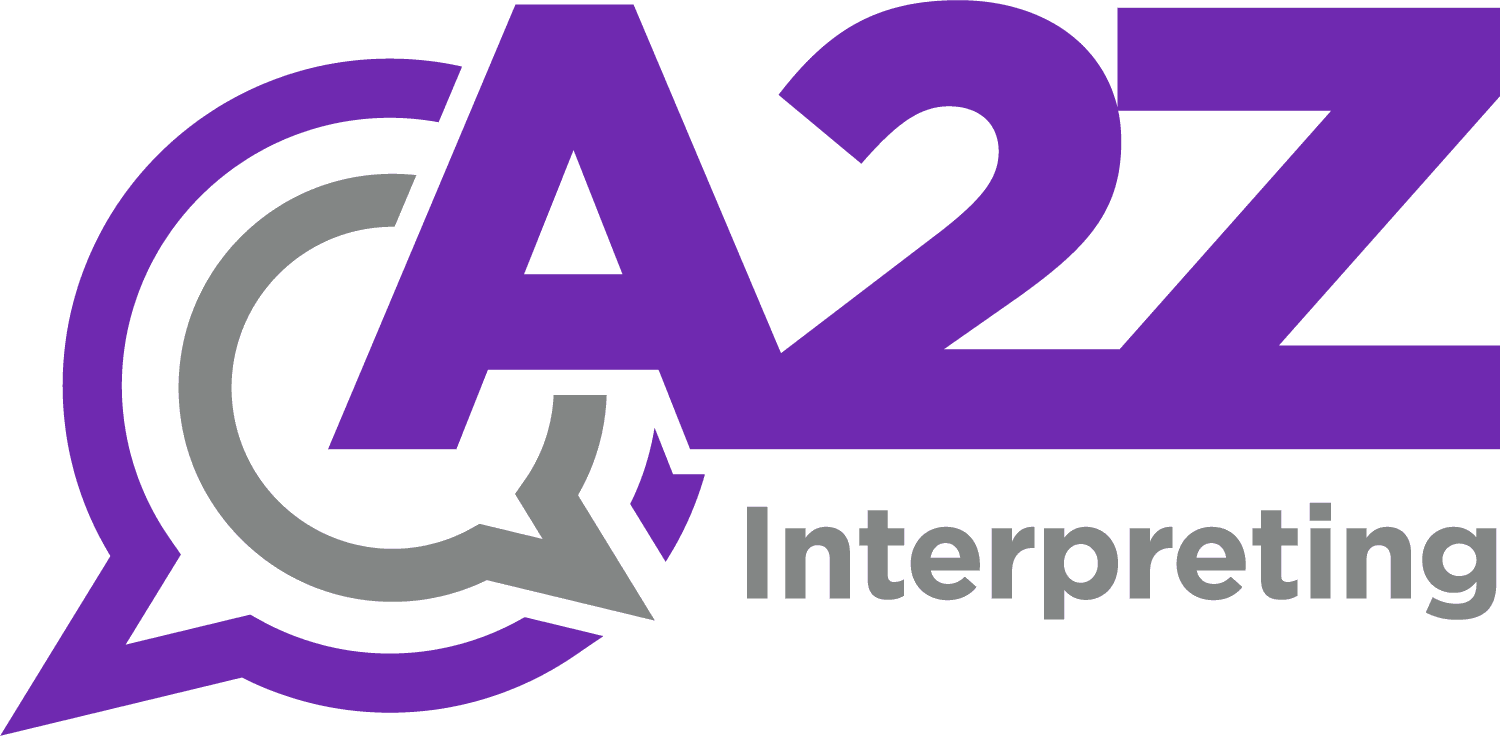Every Interpreter Match Is a Ripple in the Right Direction
It’s the start of a new school year, and at A2Z Interpreting, we’re already moving at full speed.
This is one of our busiest and most meaningful seasons—when we partner with school districts across Washington State and Northern Idaho to ensure Deaf students are supported from day one. Every time we book an interpreter, we’re not just filling a request. We’re opening the door to connection, learning, and growth.
And when that door is opened early and intentionally? The ripple effects can last a lifetime.
First: Immediate Access Sets the Stage for Success
Deaf students with interpreting access from the first day of school gain more than language support, they gain confidence, connection, and equal opportunity. They:
Participate fully in lessons.
Collaborate with peers.
Join sports, theater, and student leadership.
These experiences build academic resilience, self-advocacy, and the kind of social-emotional development every student deserves.
When schools prepare early, requesting interpreters before the first bell rings, they avoid delays, confusion, and missed moments that can’t be recreated.
👉 Want to ensure your Deaf students start strong? Submit your interpreter request early to secure the right fit.
Next: The Long-Term Impact Grows with Each Year
Access doesn’t stop at graduation.
Students who receive consistent language support are more likely to:
- Complete their education
- Pursue college or career training
- Step into leadership roles in their communities
We’ve seen former students go on to become professionals, artists, and advocates—breaking down barriers for others along the way.
When schools invest in access now, they help shape futures filled with possibility, not limitations.
Then: The Whole Community Benefits
Inclusive education has ripple effects beyond the classroom.
- Hearing peers learn to be better communicators and advocates.
- Educators refine their inclusive practices for all students.
- Families feel more connected to their child’s learning experience.
- Local communities gain skilled, diverse contributors to their workforce.
When every student is given the chance to fully participate, everyone grows.
What Schools Can Do Now
Here are three best practices to ensure successful interpreting from day one:
1. Plan Early:
Interpreter scheduling isn’t one-size-fits-all. For ongoing school support, consistent interpreter assignments are essential. We make every effort to accommodate all requests, even on short notice. To ensure the best chance of coverage and a curated match, we encourage submitting requests as early as possible—assignments are made on a first-come, first-served basis.
2. Provide Context:
Share class schedules, sections of the IEP or 504 plan that mention communication needs and accommodations, and any communication preferences for each Deaf student. Our team uses this information to match interpreters with the right skill set and style.
3. Create Accessible Environments:
Ensure interpreters are visible in the classroom. Good lighting, appropriate seating, and clear sightlines all make a difference. Need guidance? Download our Working With ASL Interpreters Guide for tips on lighting, prep, and more.
Because Communication Isn’t a Checklist, It’s a Commitment
At A2Z, we believe interpreting is more than compliance. It’s a form of educational equity, and it starts with simple, proactive steps like requesting interpreters early and preparing the classroom thoughtfully.
When we get it right, Deaf students thrive.
And when Deaf students thrive, everyone benefits.
Ready to Partner for the Year Ahead?
✅ Request an Interpreter
✅ Download Our Free Guide
✅ Talk to Our Team about best practices for creating accessible classrooms
Because every child deserves to be seen, heard, and fully included, starting on day one.
